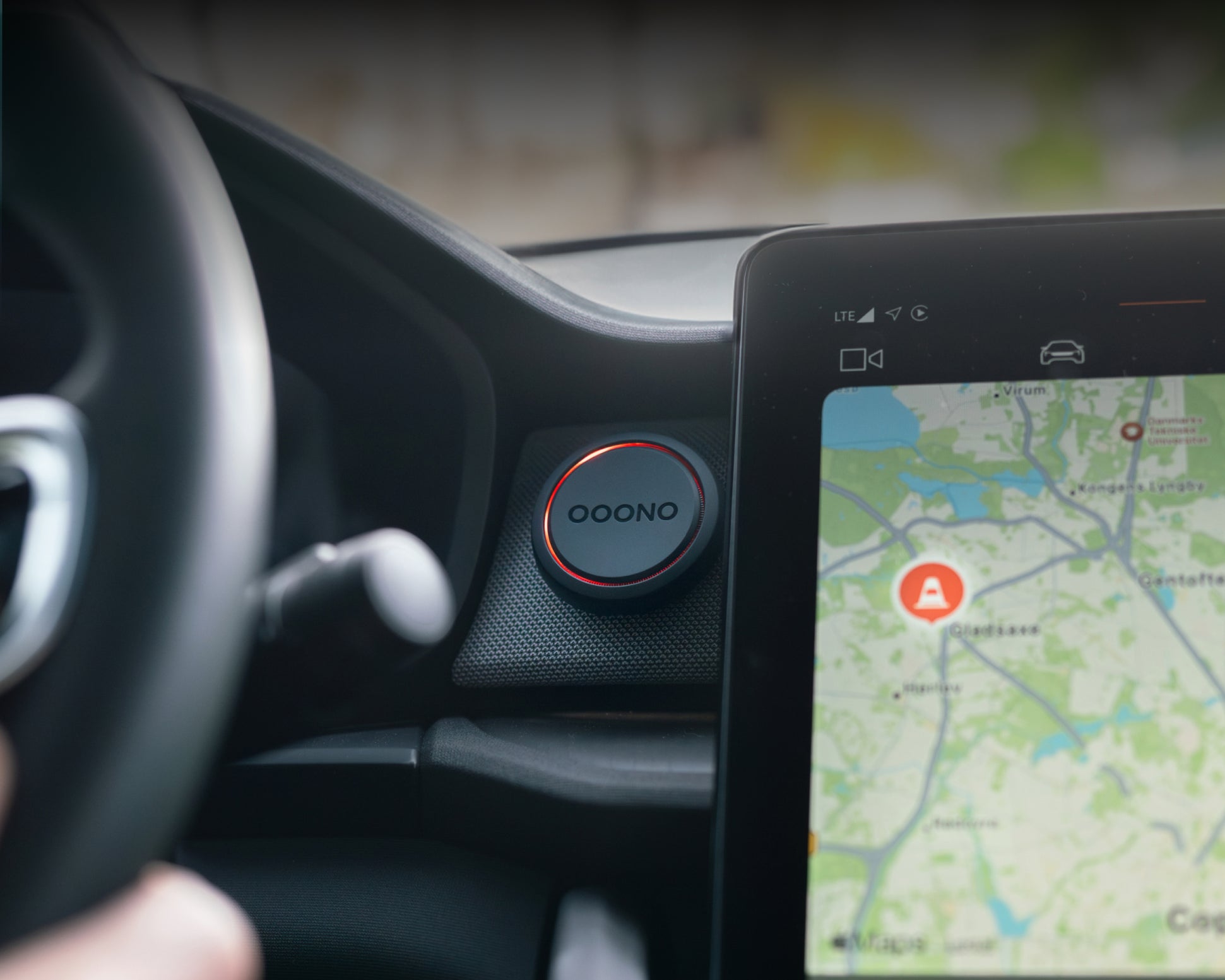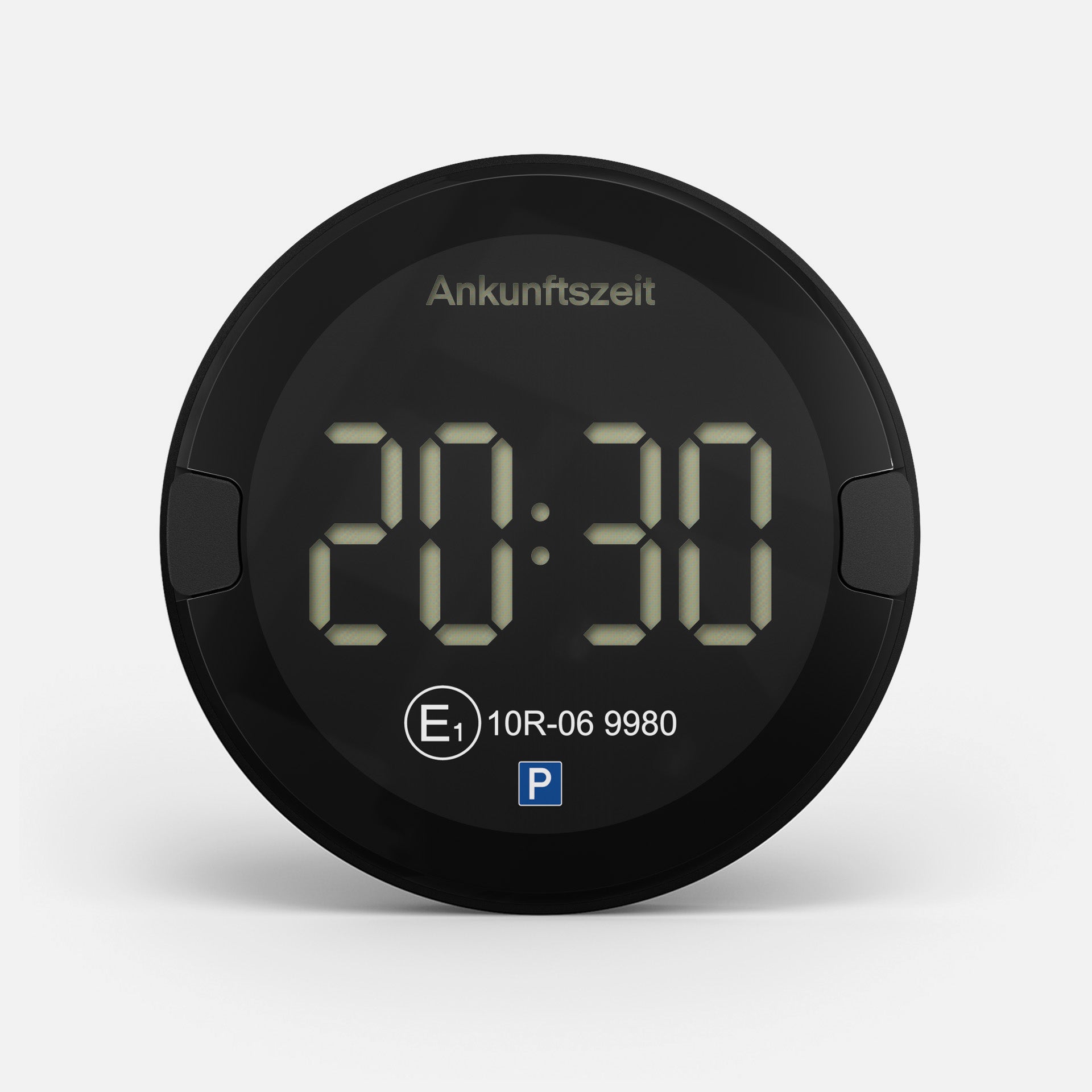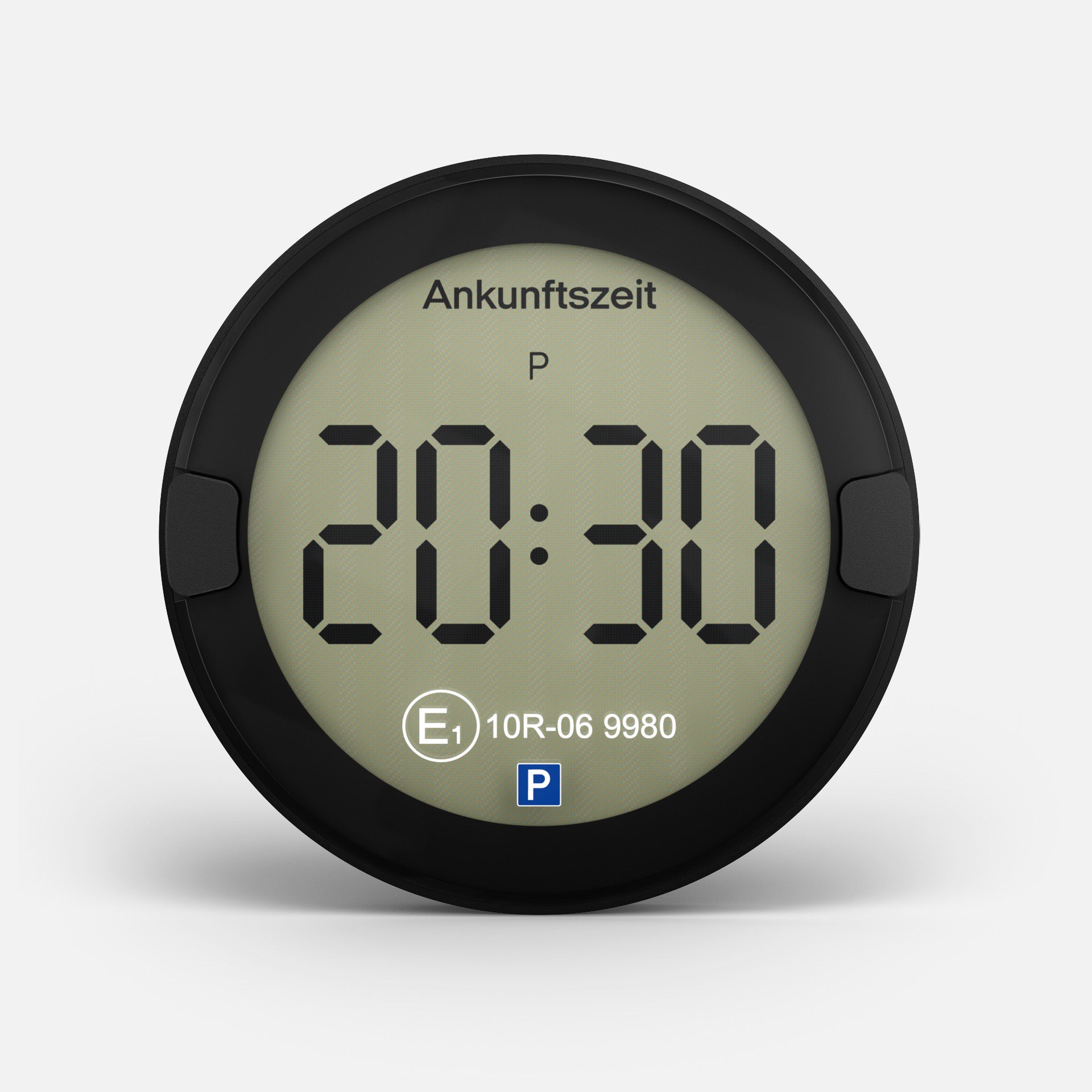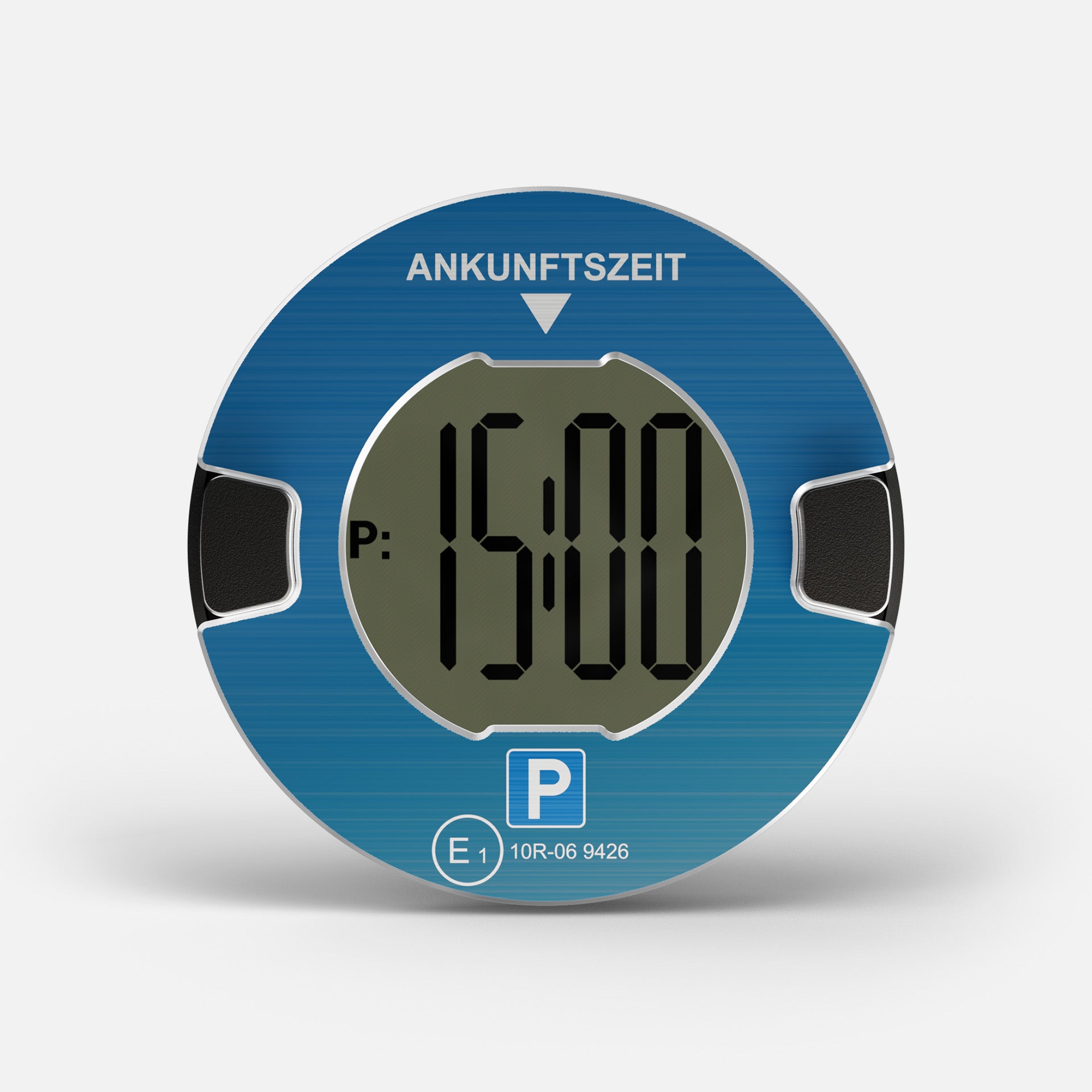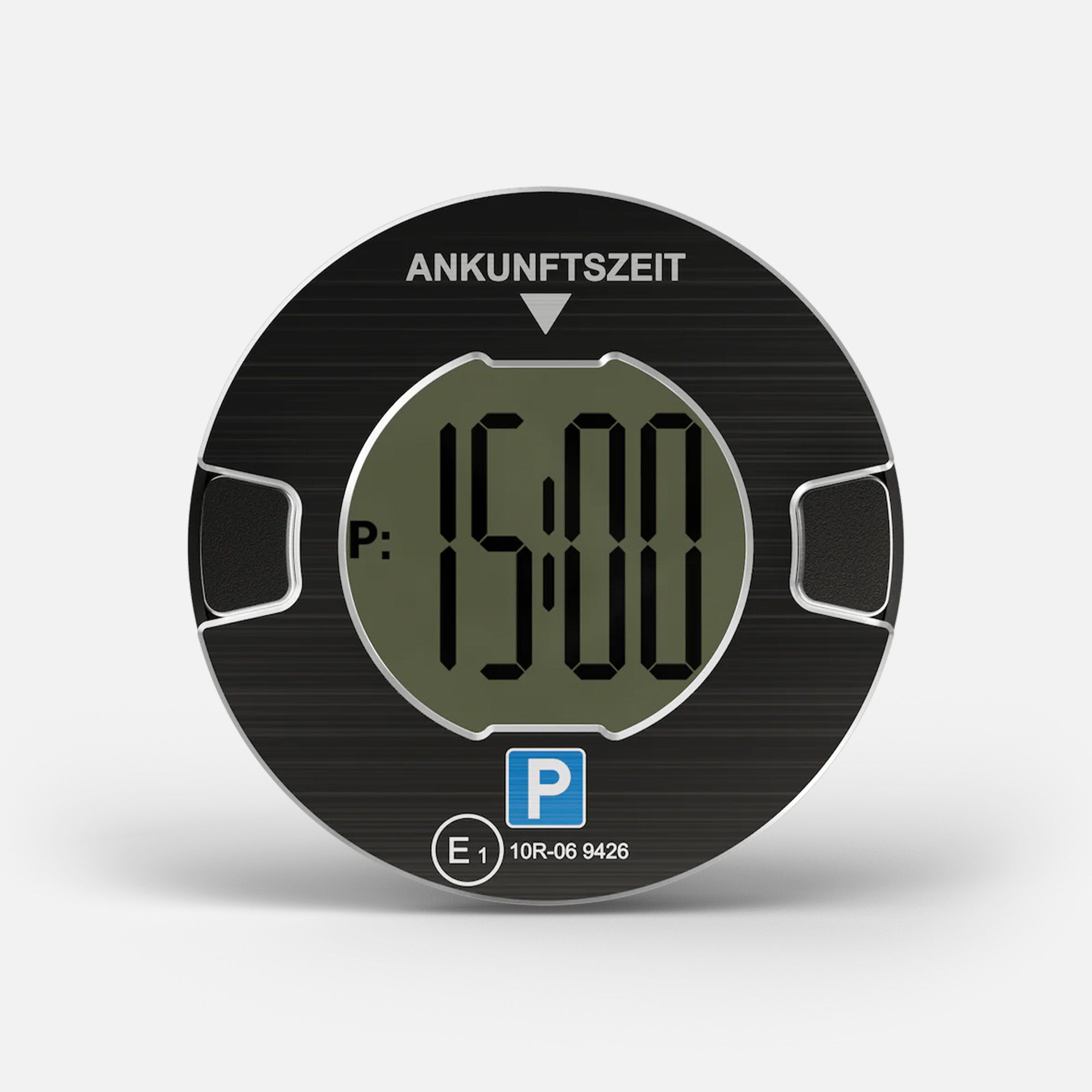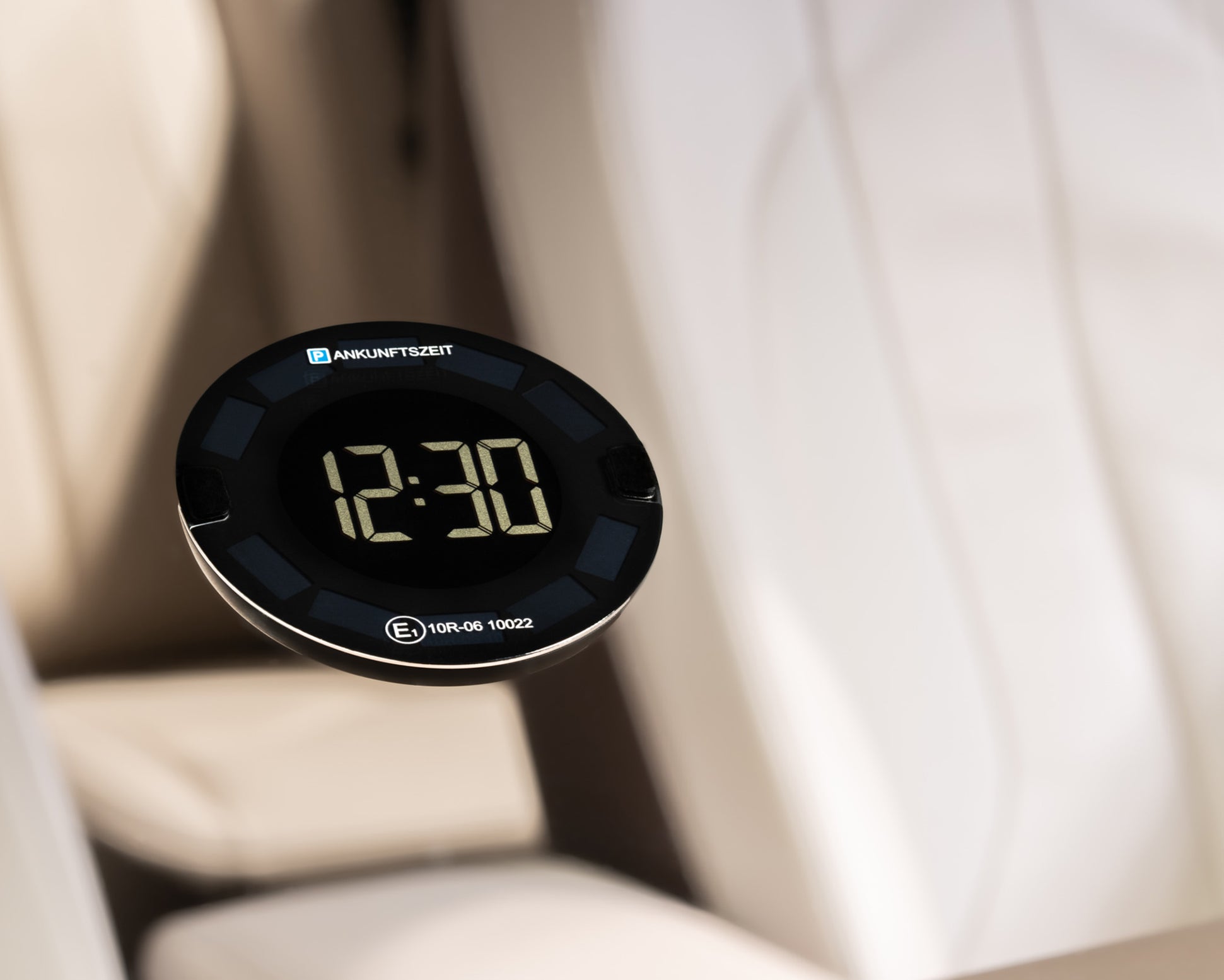How to Avoid a Speeding Ticket in the UK: Practical Tips for Smarter Driving
Speeding tickets are one of the most common penalties drivers face on UK roads. From fixed cameras on dual carriageways to mobile vans on quiet village roads, enforcement can appear almost anywhere — and many tickets come from simple lapses in attention rather than deliberate speeding.
If you’re wondering how to avoid a speeding ticket, the answer isn’t about shortcuts or loopholes. It’s about staying informed, focused, and responsible behind the wheel.
This guide explores what typically causes speeding fines, what types of enforcement exist, and how to drive more mindfully using legal tools like the OOONO CO-DRIVER to reduce your risk of being penalised.
Areas of most speeding tickets in London
What Causes Most Speeding Tickets?
- Missed speed limit changes, especially in unfamiliar areas
- Inattention in variable-speed zones (e.g. motorways, roadworks)
- Assumptions about rural or quiet roads having higher limits
- Late reactions to sudden reductions in limit (e.g. school zones, villages)
- Lack of anticipation about what’s ahead on the road
These mistakes are easy to make — especially when speed signs are obscured or limits change frequently. Awareness and prevention are key.
Where Are Speeding Tickets Most Likely?
Speed enforcement in the UK comes in several forms. Here’s what to watch for:
- Fixed speed cameras: Located at accident-prone areas, junctions, or major roads. Visible but easy to miss if distracted.
- Mobile speed camera vans: Deployed by police or safety teams, often parked roadside or on bridges in high-complaint areas.
- Average speed zones: Track your speed over distance, not just at one point. Consistent driving is key.
- Community enforcement: Local speed watch groups report speeds to police, which can lead to warnings or fines.
How to Avoid a Speeding Ticket: Habits That Help
- Know national speed limits: 30 mph in built-up areas, 60 mph on single carriageways, 70 mph on dual carriageways/motorways.
- Watch for changing limits: Especially in school zones, city centres, and roadworks.
- Adapt to conditions: Bad weather, heavy traffic, or unfamiliar areas demand extra caution.
- Don’t follow others blindly: Just because traffic is fast doesn’t mean it’s legal.
Mindful driving and consistent attention are your best defences — especially when combined with legal alert tools.
How to Avoid Points on a Speeding Ticket
In some cases, you may be offered a Speed Awareness Course instead of points. You may be eligible if:
- You were only slightly over the speed limit
- You haven’t attended a course in the past 3 years
- You respond promptly to the notice
The course lets you avoid points, although the fee is similar to the fine. It reflects an emphasis on education over punishment when appropriate.
Using Legal Tools to Stay Informed
Today’s drivers can access tech tools to improve awareness — but not all are legal. Here’s the difference:
Illegal:
- Radar or laser jammers that interfere with enforcement equipment
- Devices that block or disrupt police readings
Legal:
- GPS-based alerts for known speed camera locations
- Passive devices that give warnings without requiring manual interaction
- Apps or devices that run in the background without screens or distractions
This is where the OOONO CO-DRIVER stands out — a legal, screen-free solution that offers helpful alerts in real time.
Why the CO-DRIVER Is a Smarter Way to Avoid Speeding Fines
The OOONO CO-DRIVER is a compact, distraction-free device designed to keep drivers alert and safe — legally.
- Real-time alerts for speed cameras, danger zones, and traffic issues
- Audible and light signals – no screens, no distractions
- Fully legal in the UK – GPS-based and non-intrusive
- One-time app setup – then works passively in the background
- Uses both official databases and community-shared alerts
Unlike radar apps or illegal jammers, the CO-DRIVER is built to support better awareness — not to “trick the system.” It helps you stay alert, not anxious.
Summary: Stay Safe, Stay Aware
Avoiding speeding tickets isn’t about dodging responsibility — it’s about informed, mindful driving.
Key Takeaways:
- Most speeding fines result from simple oversight, not recklessness
- Know the types of enforcement used across the UK
- Build habits around consistency and speed awareness
- Use legal tech like the CO-DRIVER to stay one step ahead
- If fined, check if you're eligible for a Speed Awareness Course
With the right habits — and the right tools — you can drive confidently, safely, and within the law.


